![]()
Our world is evolving without consideration, and the result is a loss of biodiversity, energy issues, congestion in cities. But geography, if used correctly, can be used to redesign sustainable and more livable cities – Jack Dangermond
Geography is much more than knowing what goes where on a map. It’s an exploration of how physical spaces have changed, how they were formed, and what’s driving their future
It might be a long time since you took geography, or even thought about it. This discipline is often neglected in the American education system, and it’s rarely explored deeply. However, if you’re interested in the field, you can get an advanced degree in it that will prepare you for many careers and opportunities in geography.
Geography is the study and work of and on the physical makeup of our planet and its atmosphere. It involves looking at human activity, and how that activity impacts the earth and atmosphere. It also explores how the surface and atmosphere affects humans in terms of population and resource distribution, industrial development, use of land, and much more.
Geography is broken down into physical and human geography. The former looks at the natural environment, its forms, patterns, and processes. It can include studying and working with areas like the biosphere (all of the planet’s ecosystems), geosphere (solid parts of the earth), atmosphere (gases surrounding the planet), and hydrosphere (the water under, on and above the earth).
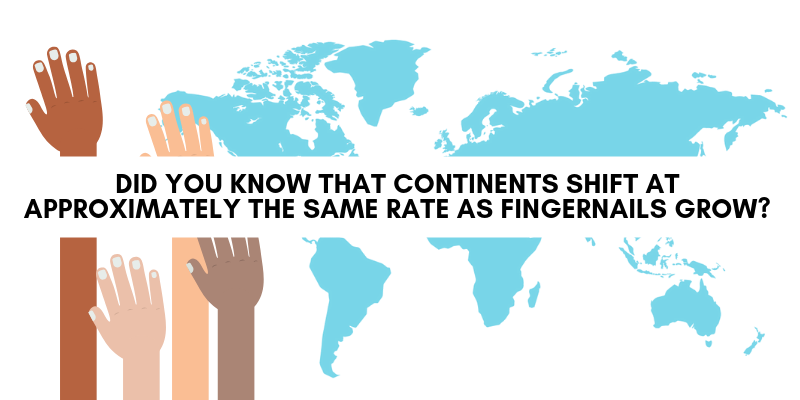
Human geography looks at people, communities, cultures, economies, and how they are impacted by the environments they exist within. There are many other subdivisions within geography (much more on that later), but these are two major ones that many of the others fall under.
Geography is one of the oldest scientific disciplines in human history. Eratosthenes of Cyrene (276-194 BC) was a scientist, librarian, writer, scholar, and inventor in Greece. He had many accomplishments, but perhaps his greatest achievement was inventing geography.
Eratosthenes began by using his travel experience, and whatever books he could find, to sketch an approximate shape and size of the world. His work was extremely detailed, especially in his three-volume book, aptly titled “Geography.”
In “Geography,” Eratosthenes indicated five climate zones, two freezing (north and south pole), two temperate areas, and a zone that covered the tropics and equator. He gridded his map and created geography terminology that is still in use today. He named and located 400 cities, which had never been done before. He grappled with the circumference of the earth. As the famous historian and military commander, Pliny wrote, “the world was grasped.”
Tragically Eratosthenes’ seminal work was lost, but Pliny and other historians preserved fragments of it. The first book covered his theories about the physical makeup of the earth, and rejections of previous beliefs, such as Homer’s Odyssey. The second book death with the circumference of the planet as previously mentioned. Eratosthenes’ third book discussed political geography, and the field would never be the same again.
Geography is essential to exploration, and conquest. The Roman Empire, its fall, and advances in Africa and Asia were all based on geographical understanding and exploitation. Despite often getting it very wrong, famous explorers Columbus, Marco Polo, and John Cook also relied on their fragile understanding of geography to “discover” new parts of the world.

It took many centuries for geography to become installed as an academic discipline in the West. In the 18th and 19th centuries, it took hold both in universities and geographic societies.
Recently the field has seen significant advances due to new technologies, computer mapping, and analysis. It’s also evolved through geographers working within small regions, in environmental determinism, and using advanced math. There’s also the rise of critical geography, which seeks to create a more just, healthier world for us all to enjoy.
Geography involves botany, geology, economics, demographics, social justice, and sociology, among other areas. To be successful in this field, you’ll want a versatile intelligence and firm ideological commitments.
In this guide we’ll look at the different levels of geography degrees, specializations within the field, and what you’ll gain financially and personally from these programs. We’ll also show you what we’ve done to help you find a geography degree, understand whether it’s right for you, along with other related degrees. Before we delve too deeply, let’s look at some questions, considerations, and facts you should explore when you’re looking for a geography degree:
- What degrees have you earned so far? How would your previous education fit into a geography degree? Has your life and education made you passionate about the field?
- Are you strong in math and science? Do you like physical spaces, and analyzing them? How do you feel about making an impact in the world around you?
- In geography you’ll often work with landscapes and other people on common goals that tangibly improve the natural world and the lives of the people in it.
- What would you like to do in geography? Would you work as a teacher, cartographer, consultant, conservationist, recycler, planner, in geographical information systems?
- Look up the roles people with geography degrees often end up in. See if they seem suited to you.
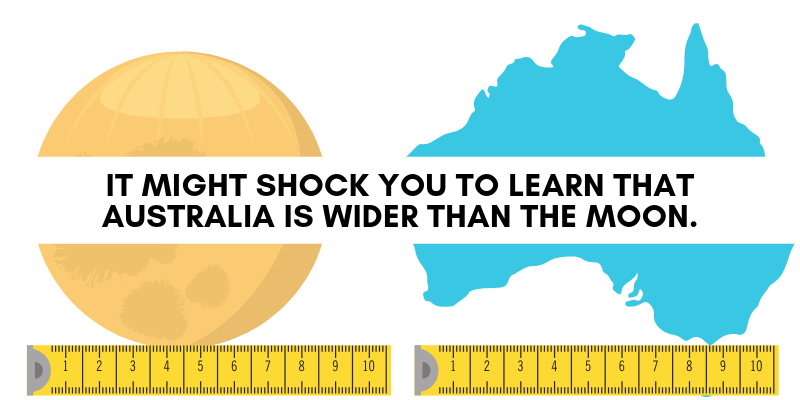
- How much can you afford to pay for a degree in geography?
- How much you’ll pay depends on many factors. These include the school’s pricing, the delivery format you choose, and how long the degree you choose takes to complete. It’s also impacted by whether you qualify for financial aid or scholarships, and much more.
- Some people can pay for their degree outright. However, most people need to borrow money to afford higher education. Whenever possible, take public loans over private ones. Only select schools that are accredited, somewhat affordable, and non-profit in comparison with for-profit, pricy schools.
- How much time can you spend on a geography degree daily, weekly, and overall before you graduate from it?
- Would you like to attend a geography program part-time, full-time, online, or in a mixture of online and on-campus attendance? You can save time and money with an online program, and also by choosing a public university that has lower prices for in-state residents.
- Explore the curriculum of a geography degree. Do some basic research on the areas that will be covered. Do you think you can thrive in these classes, and eventually doing this work?
- Where do you want to live and work when you graduate from a geography program? Different areas have different demands for geographers. If you want to work in urban planning you might want to go to school in a city you’d like to work in, or pick a school that specializes in another area of geography you’re interested in.
- How will a specific geography program prepare you to do what you want professionally? How will it enhance your strengths and mitigate your weaknesses personally and professionally?
- What are the specializations in geography that you’re interested in? Does a prospective program offer them?
These are just some of the questions you should ask yourself while looking for a geography program. Try to write out answers to them for each program you consider, and add any others that apply specifically to you that aren’t here.
Let’s examine what qualities and skills you’ll need to have and build in geography degree programs:
Geography Degrees Build and Demand
Most people don’t get a degree in geography. To be a good fit you’ll need:
- Spatial Reasoning: Are you able to understand physical spaces intuitively? Were you great at geometry in high school? You’ll need to imagine maps as three-dimensional spaces in your mind, and have a strong grasp over the ways landscape features impact and influence the spaces you’re in.
- Endless Curiosity: Geographers are obsessed with the world around them and the populations they encounter. They want to know how weather and other natural forces connect and control societies and land itself. They need the data that will answer endless questions of where, why, and how.
- Computer Skills: Modern geography utilizes advanced Geographic Information Systems (GIS) that let geographers analyze spatial information, edit data, present their findings, and much more. To use them properly you’ll need to work well with technology or figure out how to if that’s a weak point.
- Writing/Communication Skills: Geographers need funding, collaboration, and charisma to be successful and get the work they want to done. You’ll need versatile and efficient communication skills, including writing and presenting in person.
- Analytical and Critical Thinking Skills: You’ll explore complex problems and spaces that don’t have clear answers. You’ll need to observe, process, and come to conclusions that produce lasting results.
- Determination and Resiliency: This field isn’t easy, and there are many forces opposed to the work that geographers do. You could work for big corporations, but your work might go against their interests if you want to help environments and people enjoy a more sustainable existence.
- People Who Make a Difference: Some geographers work for oil companies, but many of them are working to save environments. What you do is up to you, but many of your teachers and colleagues will want to cooperate on projects that preserve life and nature.
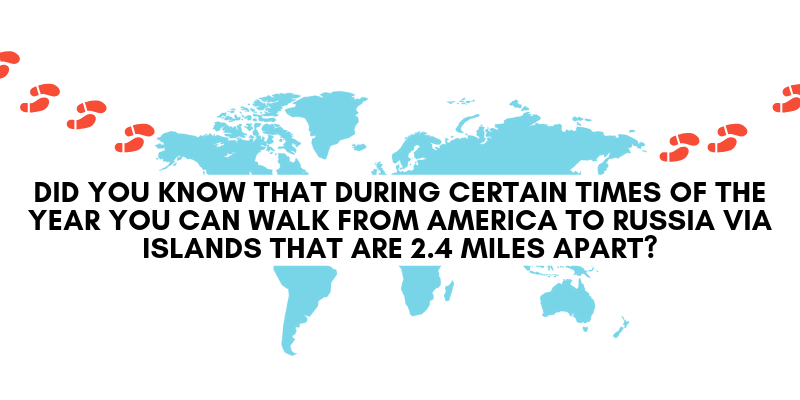
There are many other aspects of yourself you’ll need to cultivate and utilize in geography programs, and throughout your career. There’s plenty to read online about what it takes to be a great geographer. Speaking of which, let’s pop over to what we’ve done to help you decide whether geography is right for you:
How Can We Help You Find the Right Geography Degree for You?
At Degree Query we’ve done a lot to help you find the best degrees for you, no matter what disciplines you’re considering. We’ve ranked jobs, degrees, certificates, written guides on degrees like this, and answered countless frequently asked questions about different degree areas. You can explore our content by degree discipline, or use our compare careers matrix to help you narrow down your options.
Here’s some of what we’ve written about geography and related fields:
Frequently Asked Questions and Guides
- What Classes will I take in a Bachelor’s Degree in Environmental Design?
- What is the Benefit of a Degree in Environmental Science vs. Environmental Design?
- What is a Bachelor’s Degree in Environmental Studies?
- How advanced a Degree do I need for a Career in Environmental Science?
- What are the 5 Best Careers in Environmental Science?
- What Can I Do With a Degree in East and South Asian Studies?
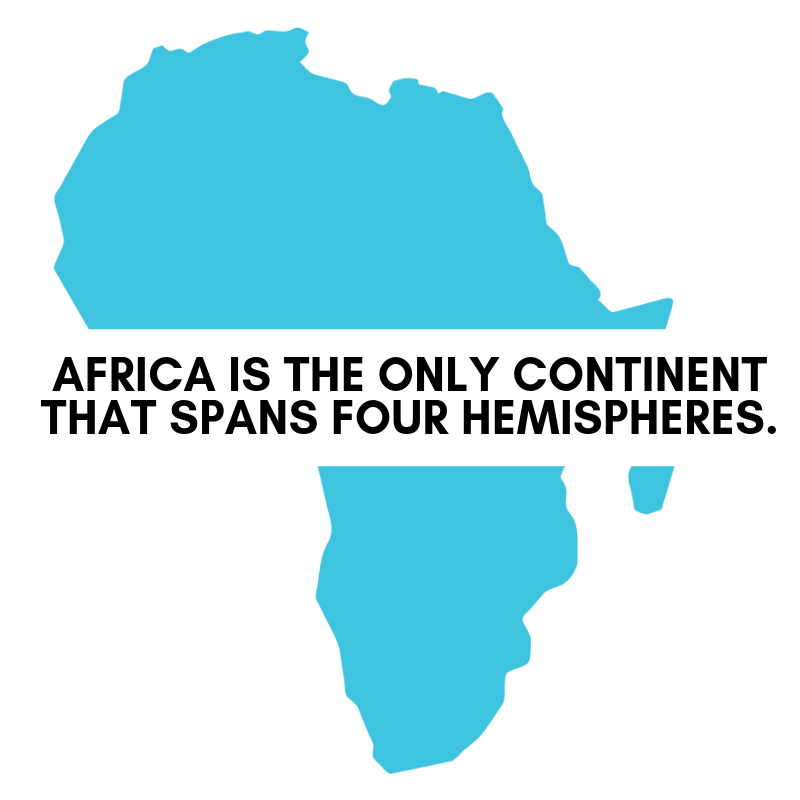
Rankings
- Easiest Online Associate’s Degrees
- 30 Great Outdoor Jobs Requiring a College Degree
- Top 10 Online Bachelor’s Degree Programs in Environmental Science
- Online Degree Rankings For 2019
- Best Paying Jobs with a Geography Degree
This is just some of what we’ve done to help you in your hunt for a degree in geography. If you’re starting to think it isn’t for you, take a look through our content in other academic and career areas. If you find any programs through our content that you think suit you, make sure to contact their support staff directly through their websites. School support staffs are great at answering any questions you might have about their programs, and they might be able to give you a leg up on applying, receiving financial aid, and more.
Now let’s delve into the different levels of geography degrees:
What are the Different Levels of Geography Degrees?
There are four typical levels of geography degrees we’ll look at here:
Associates in Geography
In these two-year programs you’ll take basic general education requirements that will build towards a Bachelor’s degree. You’ll also explore courses in geography like Physical Geography, Economic Geography, World Geography, and Human Geography. These degrees can be taken in-person, online, or in a hybrid format. You’ll need to continue your education if you want a long-term career in geography. Associates in geography are also often offered by community or junior colleges that cost significantly less than traditional universities. This way you can save money while earning credits you’ll apply towards a:
Bachelors in Geography
Here you’ll need four years, or less if you have applicable credits. You might be able to take specializations in areas like meteorology or hydrology. Regardless of specialties offered you’ll become well-versed in the different areas of geography and begin to guide your career path in the field. Courses might include Urban Geography, US Geography, Political Geography, and Remote Sensing Concepts. Graduates will be trained to work in entry-level positions in geography.
Masters in Geography
In these two-year programs you’ll learn how to use Geographic Information Systems. You might need two years of professional experience in addition to a Bachelor’s degree. Graduates will be prepared to earn a GSI certification from the GSI Certification Institute. This will help you qualify for top roles in geography. You’ll likely take courses like GIS Theory, Cartographic Design, GIS Principles, and GIS Databases. Masters degrees in geography are standard for professionals looking to stay in the field throughout their careers. These programs will likely culminate with a thesis or capstone project that demonstrates what you’ve learned throughout your studies and what you want to contribute to the field.

Doctorates in Geography
These programs can take three to five years to complete. You’ll need to do at least a year of coursework, likely in a particular aspect of geography. You’ll also take years to do original research, write a thesis, and defend it. Graduates will be prepared to work at the most elite levels in any organization that employs geographers. They can also do cutting-edge research in the field, and teach university courses in geography.
There are also specializations within geography degrees which will train you to work in whatever areas of geography you’re most interested in. If you know the specialization you want you can narrow down which schools you apply to significantly. Here are some of your options:
What are the Different Specializations in Geography?
There are many focus areas in geography, but some of the ones you can choose include the following:
Urban Geography
In this specialization you’ll work within human geography in cities. You’ll study, report, and perhaps influence the processes that create observable patterns in urban areas.
Population Geography
Here you’ll look at the spatial variations that determine the migration, makeup, distribution, and growth of populations and how natural elements control them. You’ll deeply examine how demographics are formed by different areas.
Hydrology
There are severe water issues across the world. In hydrology, you’ll look at the properties of the planet’s water, and how they’re impacted by land movement, climate change, and much more.
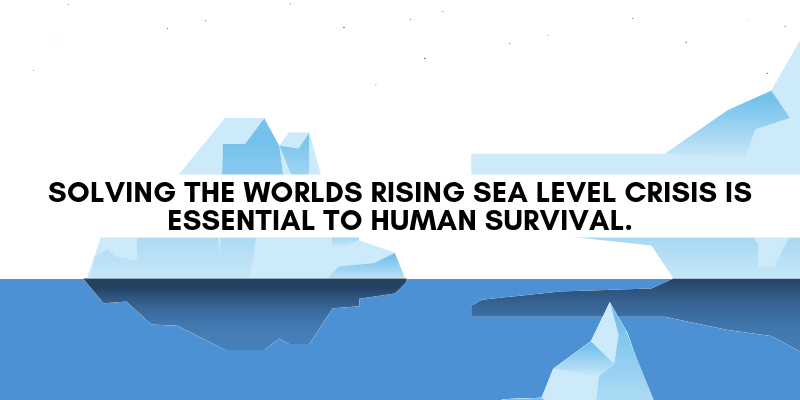
Political Geography
In this specialization you’ll explore the different divisions, possessions, and borders of countries. You’ll examine how physical spaces lead to political realities.
Glaciers and Glaciations
Exactly what it sounds like: you’ll work with the ice structures that govern the earth’s water levels. As climate change continues to devastate these natural wonders, you’ll be there to observe, analyze, and with any luck make a dent in these planetary problem areas.
Environmental Science and Geography
Environmental science is closely related to geography. You’ll be concerned with biological, physical, and information sciences to study environmental problems and create solutions to them.
Cultural Geography
Here you’ll look at how culture impacts geography, population changes, migration, and much more.
Historical Geography
How did our modern geography develop? What factors lead to environmental changes, and population changes across the world? You’ll explore all that and more in these specializations.
Now let’s wrap up this guide. First, let’s look at what you can make after graduating from a geography degree:
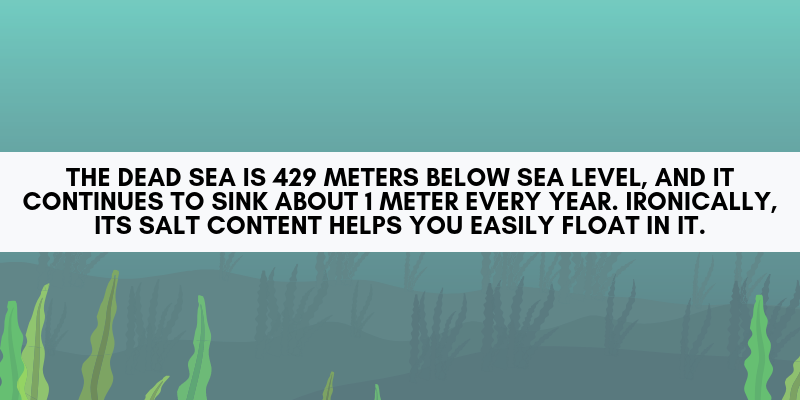
Geography Degrees in Conclusion
Here at Degree Query we hope you’ve found this guide entertaining, informative, and incredibly helpful. Geography is a fascinating, unique field that offers you opportunities to make the physical world a better place. Your efforts will pay dividends to all species on earth. You’ll be engaging with some of the most significant problems caused by and facing humans today.
If you think this is an excellent area to commit yourself to, this is what you can expect to earn:
BLS found that the median pay for geographers was $80,300 per year. The typical entry-level education for these roles was a Bachelor’s degree, but a Master’s degree is incredibly common in this field. There were only 1,500 of these roles in 2016, which was expected to grow by 7% between 2016-26, leading to 100 new jobs. Remember, this is just for people who are specifically labeled geographers. There are many related roles in environmental science, consulting, teaching, and much more that make use of geography graduates. You’ll be prepared to work in many different parts connected to geography, science, anthropology, and more depending on what program you take and what specialization you take in it.
Higher salaries in geography were corollated with working for the federal government.
Think carefully about whether geography is right for you. If another degree area feels like a better fit, you can explore it easily through our degree programs tab. Remember to reach out to the support staff at schools you’re interested in to get help in your application, your search for scholarships, financial aid, and anything else they can help you with that can make your life and degree search easier.
Best of luck!
